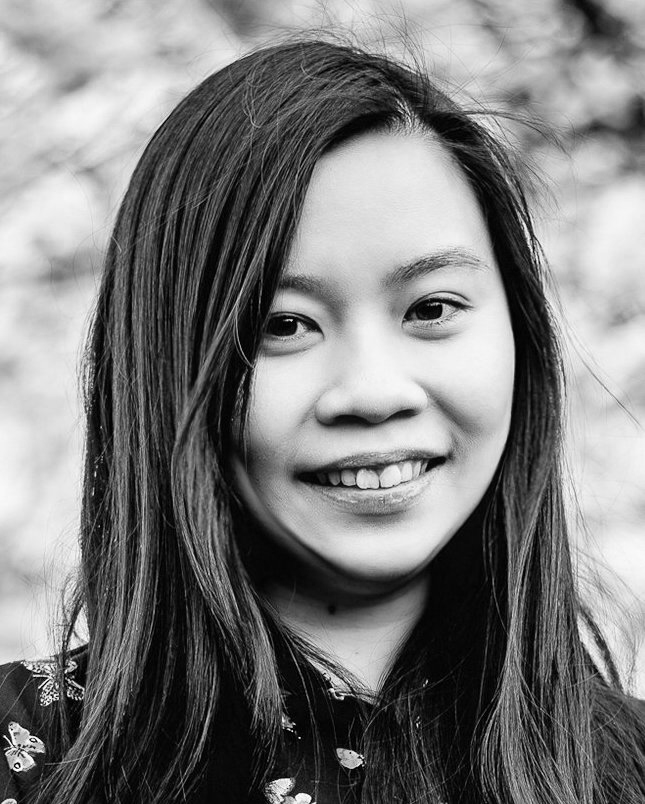Xin Yi Ong is a lecturer in chemical and process engineering and believes an engineer’s greatest inspiration is nature. Her research into powder dispersion has implications for a diverse range of industries, from food to paint to make-up.
I love science. Since I was a child I was always interested in inventions and innovations. At secondary school I took part in many exciting scientific design competitions, and in Sixth Form I founded the Science Invention Society hoping to encourage the spirit of invention. I chose to become a chemical engineer because I wanted to achieve an in-depth understanding of the detailed processes of the food and pharmaceutical industries.
Being engineer means a range of different roles – I get to work as an engineer, a scientist, and a lecturer. As a scientist and engineer, I specialise in powder technology. In particular, my research interests are in the application of scientific concepts to the design of food, pharmaceutical and chemical processes. For example, dehydrating food into a powder is a common method to increase its stability and reduce waste. However, the reconstitution of food products, upon rehydration of the powder, can lead to poor product quality due to the formation of lumps, which is a common issue in industry processes as well as during use at home.
Powder technology is applicable to a wide range of industries including food, but also pharmaceuticals, paints, detergents and cosmetics. My work aims to develop a theoretical model for predicting optimised dispersion conditions, and through this I hope to have contributed to the design of more efficient ways of dispersing powders, or to design powders that are easier to disperse – making all sorts of day-to-day products more effective.
My role is constantly evolving. As a lecturer, I have learned the value of integrating my own research experience into lectures and other more practical aspects. In doing this, I hope to encourage my students to understand the value of research and assist them to translate their theoretical knowledge into experimental work to provide better engineering solutions.
As an engineer, it is very common to experience challenges every day and I am often surprised that simple solutions can actually solve complicated problems. I always believe that nature is an engineer’s best inspiration. Henry David Thoreau said “Nature will bear the closest inspection. She invites us to lay our eye level with her smallest leaf, and take an insect view of its plain”.
Being an engineer allows me to be creative and think outside the box. I had the opportunity to work in both a chemical plant and the pharmaceutical industry before moving into academia, and the prospects for a fulfilling career in chemical engineering are boundless. The skills that I gained have allowed me to readily transfer from one industry to another, and the world needs more engineers!
Engineers make a real difference to society by inventing and innovating so many things in our daily life. If you enjoy problem solving, no matter what engineering path you choose to pursue, you will never be bored as an engineer.
For more information.
If you would like to know more about the engineering courses or the School of Engineering, Technology and Design’s research activities, vist www.canterbury.ac.uk/engineering.
 Engineering, Technology and Design
Engineering, Technology and Design Gareth Ward
Gareth Ward 2169
2169


